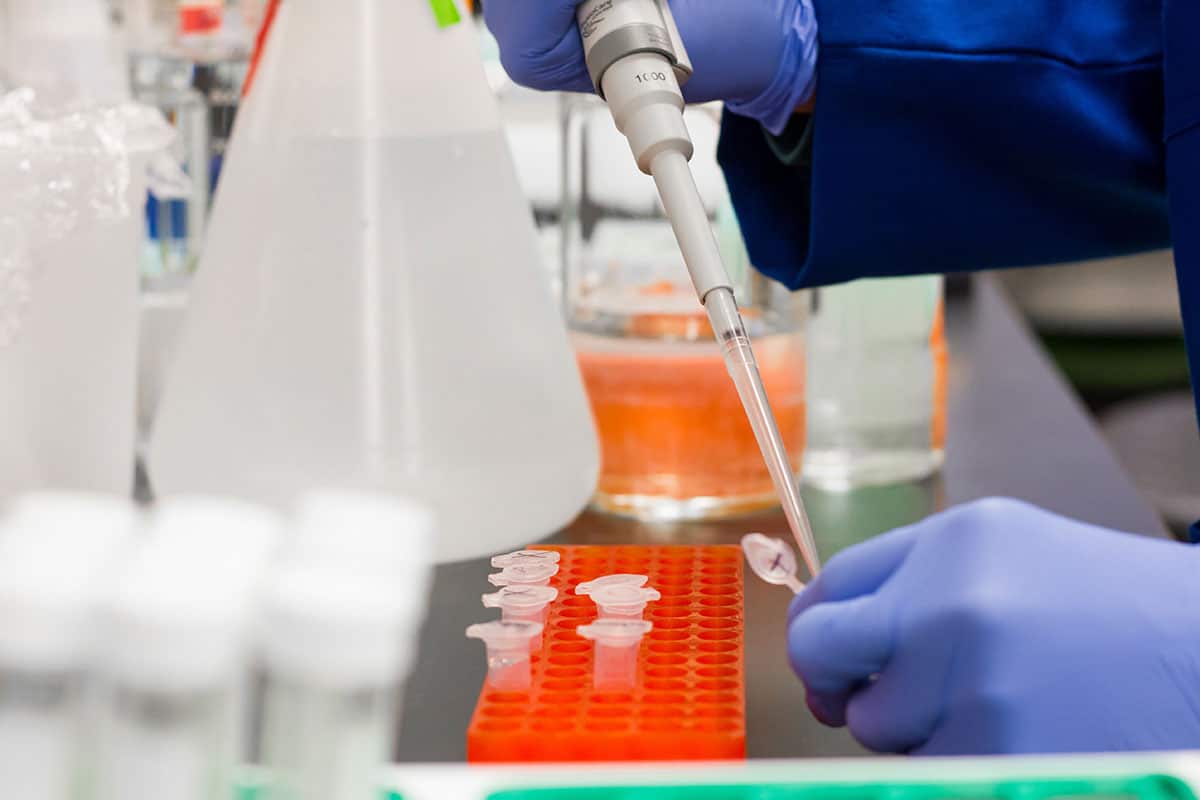Hamilton’s McMaster University at centre of global effort to prevent future pandemics
Published September 2, 2020 at 2:38 pm

McMaster University announced this week that they have launched a global initiative aimed at addressing the devastation of COVID-19 and preventing future pandemics.
McMaster University announced this week that they have launched a global initiative aimed at addressing the devastation of COVID-19 and preventing future pandemics.
The initiative is called The Global Nexus for Pandemics and Biological Threats and is a collaborative international network of experts in a broad range of fields.
“The challenges of biological threats are complex and require the contributions of experts across disciplines and sectors,” said McMaster president David Farrar in a release posted to Mac’s website on Tuesday (Sept. 1) announcing the initiative.
“COVID has exposed the world’s vulnerabilities and we need to bring expertise together in new ways. McMaster is ready to lead that effort drawing on more than 15 years of world-class research in infectious disease and antimicrobial resistance.”
This new initiative will connect scientists, clinical health and medical specialists, engineers, social scientists, history and policy researchers, economics and business experts who share the goal of mitigating global health threats.
Since the start of the coronavirus pandemic, McMaster has become a virtual epicentre of research aimed at dealing with the virus. In fact, more than $20 million in COVID-19 funding has been awarded to more than 100 research projects at the university.
The majority of these projects, the release says, have tapped into McMaster’s vast network of international networks of experts.
Some of the projects that are currently underway at the university include:
- Infectious disease physician Mark Loeb, a veteran of the SARS epidemic, is investigating with U.K. partners whether a COVID-19 vaccine will work for Canadians
- Virologist Karen Mossman, who leads McMaster’s research enterprise, and her postdoctoral fellow Arinjay Banerjee, part of the Canadian team that isolated the coronavirus, continue to study bats to learn more about how their immune systems fight viruses
- Engineer Ravi Selvaganapathy and researchers in the Centre of Excellence in Protective Equipment and Materials are working with Canadian manufacturers to offer a made-in-Canada solution as they build and test personal protective equipment that’s safe and effective
- Hematologist Donald Arnold is leading one of the world’s largest clinical trials to determine whether blood from recovered COVID-19 patients offers an effective treatment for others hospitalized by the disease
“We have the experts, the experience of mobilizing great minds across diverse areas of expertise, and the networks that connect McMaster around the world,” said Dr. Paul O’Byrne, dean and vice-president of the Faculty of Health Sciences.
“McMaster is uniquely and perfectly positioned to create The Global Nexus for Pandemics and Biological Threats to deliver innovative treatments and vaccines, novel diagnostics, data for informed policymaking, epidemiological models and evidence-based plans and protocols to neutralize threats.”
One major concern among health-care workers and professionals, scientists and researchers is the rise of antimicrobial resistance among global populations. Many see this as the world’s next possible pandemic.
Drug-resistant superbugs are caused by bacteria, parasites, viruses or fungi that have stopped responding to the medicines designed to treat them and the resistance builds over time through overexposure to antimicrobial drugs, such as antibiotics, or disinfectants.
The Global Nexus for Pandemics and Biological Threats has identified this threat among those the network will work together to address.
Gerry Wright, the scientific director of the Michael G. DeGroote Institute for Infectious Disease Research, has been tapped to lead this ambitious project.
“This is Canada’s chance to seize the moment,” he said.
“This initiative will recruit global talent, boost global health security, train graduate students, provide jobs and economic growth and make Canada a global destination for investment and innovation.”
insauga's Editorial Standards and Policies advertising





